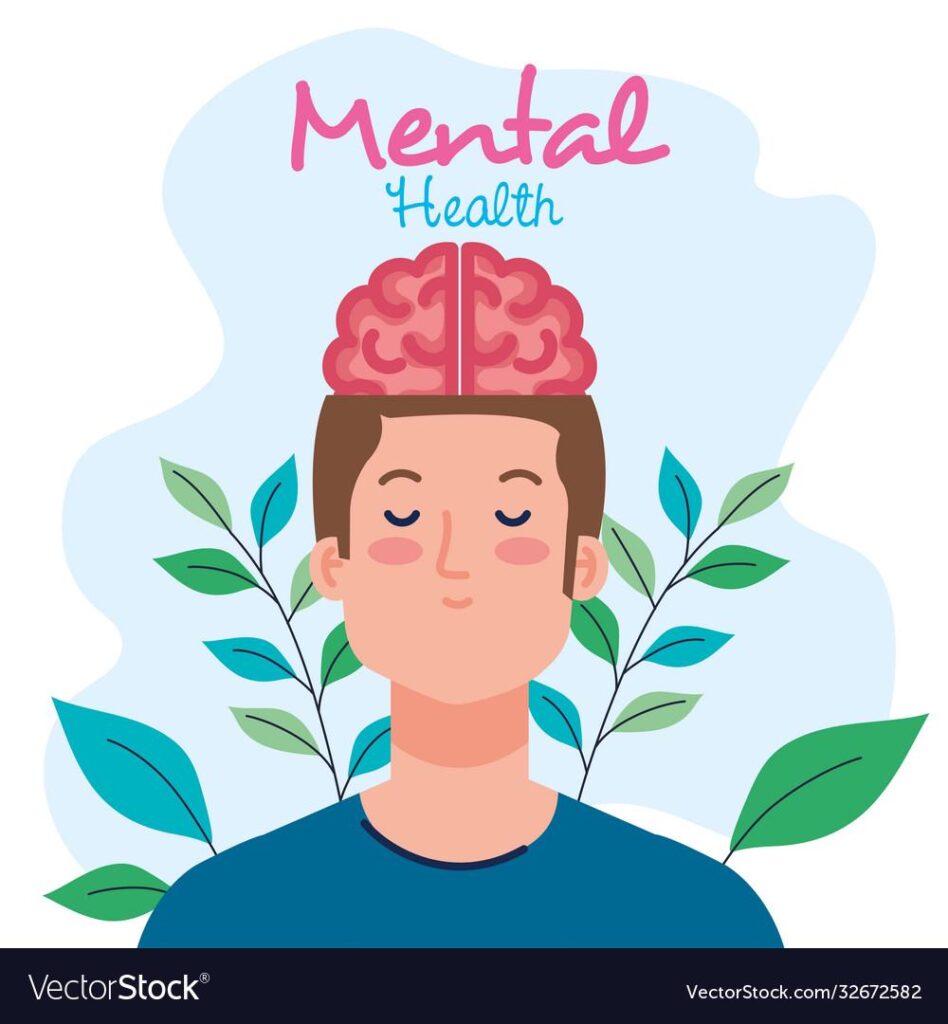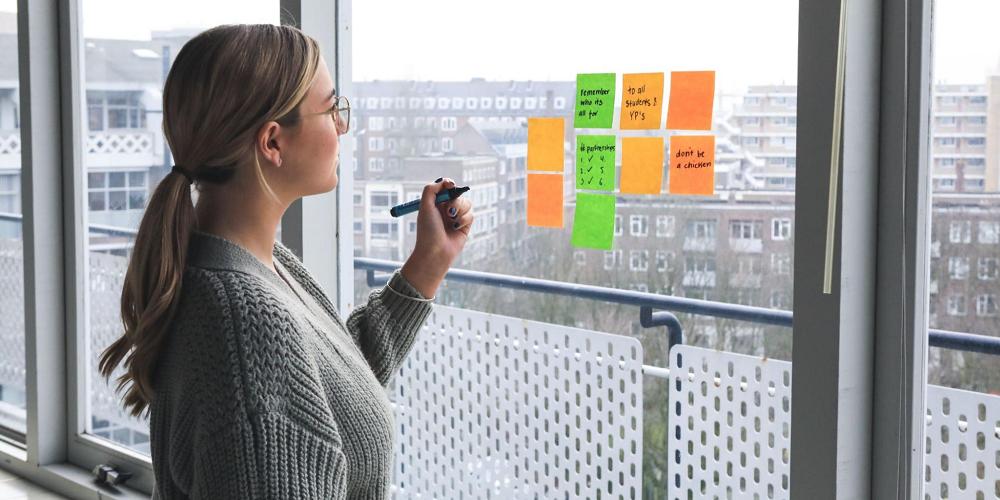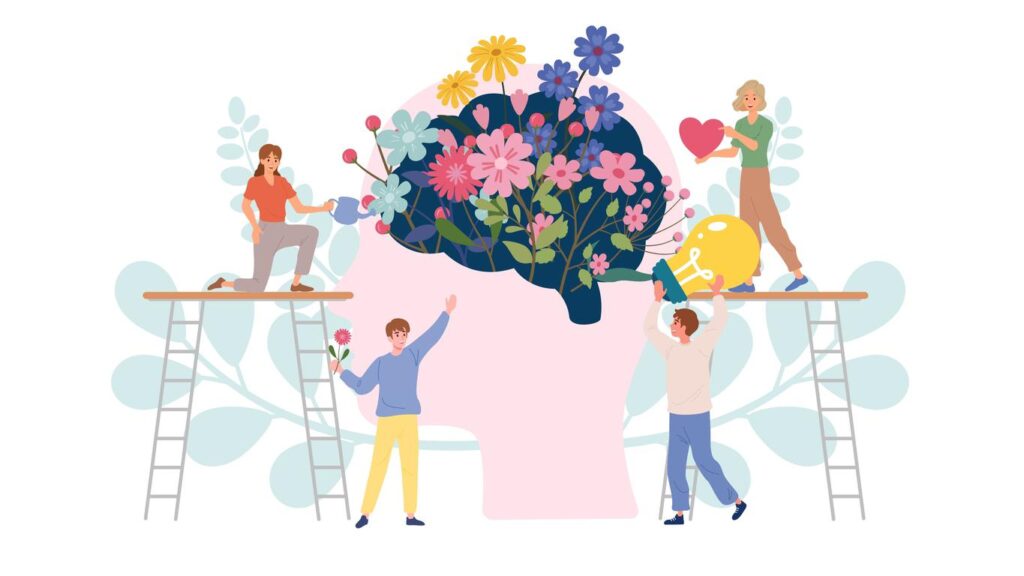Mental health is a crucial part of overall well-being. Often, people think improving mental health requires complex therapies or major life changes. But the truth is, maintaining mental health can be straightforward, with small, consistent steps leading to profound improvements. In this article, we’ll explore simple yet effective ways to enhance mental well-being and discuss why nurturing mental health is essential for a balanced and fulfilling life.

Daily Movement Matters.
Physical activity has a direct link to mental health, with even mild exercise triggering the release of endorphins, or “feel-good” hormones. Research shows that exercise can reduce anxiety, depression, and negative mood while boosting self-esteem. Importantly, exercise doesn’t have to mean hours at the gym. A 20-minute walk, a bike ride, or even gentle stretching can elevate your mood
Tip: Find an activity you enjoy, whether it’s dancing, yoga, or gardening. Just move your body!

Prioritize Sleep.
Sleep is when the brain restores itself, so getting quality sleep is crucial for mental clarity, emotional stability, and physical health. Poor sleep affects mood, memory, and cognitive function, making us more susceptible to stress and anxiety.
Tip: Aim for 7-9 hours of sleep each night. Create a soothing bedtime routine, keep electronics out of the bedroom, and make your sleep environment comfortable to ensure a peaceful night’s rest.

Practice Mindfulness and Meditation.
Mindfulness is the practice of being fully present in the moment. Studies have shown that mindfulness reduces stress and improves mental focus, emotional regulation, and self-awareness. Meditation, a form of mindfulness, can be as simple as spending five minutes focusing on your breath. Regular mindfulness practice leads to more positive emotions and a better outlook on life.
Tip: Start small. Take five minutes each morning to breathe deeply and notice your surroundings. Apps like Headspace or Calm can guide you through meditation if you’re new to it.

Nourish with Balanced Nutrition.
The brain, like the rest of the body, requires the right fuel. A diet high in processed foods, sugar, and unhealthy fats can negatively impact mental health. Meanwhile, a diet rich in whole foods like fruits, vegetables, whole grains, and lean proteins helps maintain stable energy levels, supports brain health, and stabilizes mood.
Tip: Add foods high in omega-3 fatty acids (such as salmon and walnuts), antioxidants (like berries), and fiber to your diet. Limit sugar intake and stay hydrated for optimal mental function.


Stay Connected with Loved Ones.
Strong social connections are vital for mental health. People who maintain close friendships and family ties experience lower levels of stress and loneliness. Talking with someone who listens, laughs, and supports you can lift your spirits and remind you that you’re not alone.
Tip: Schedule regular catch-ups with friends or family. Even a quick phone call or virtual chat can foster a sense of connection.

Set Small, Achievable Goals.
Accomplishing goals—no matter how small—creates a sense of achievement, purpose, and direction. Start by setting small, achievable daily goals that make you feel good when completed, like reading a chapter of a book, finishing a household chore, or spending time on a hobby.
Tip: Write down three small goals each morning, and celebrate each accomplishment, no matter how small. This boosts self-esteem and motivation over time.

Practice Gratitude.
Gratitude can reshape your perspective and improve mental resilience. By focusing on what you have, rather than what you lack, you cultivate a more positive outlook. Gratitude reduces stress, enhances relationships, and increases happiness.
Tip: Each night, jot down three things you’re grateful for. They can be simple, like a nice meal, a good conversation, or a beautiful sunset.

Limit Screen Time and Social Media Use.
While technology has made our lives easier, too much screen time can increase stress, anxiety, and loneliness. Excessive use of social media, in particular, often leads to unhealthy comparisons, which can harm self-esteem.
Tip: Set daily screen time limits, take breaks from social media, and spend more time engaging in real-life activities that bring joy and fulfilment.

Engage in Acts of Kindness.
Helping others boosts happiness and creates a sense of purpose. Acts of kindness, whether volunteering, helping a friend, or simply offering a compliment, increase serotonin and dopamine in the brain, which helps improve mood and reduce stress.
Tip: Do one small kind act each day, like offering a compliment or helping someone nearby. Small gestures can lift your mood and make a big difference.

Spend Time in Nature.
Being in nature has powerful effects on mental health. Studies show that spending time outdoors reduces stress, improves mood, and boosts mental clarity. The sights, sounds, and fresh air in natural settings can create a sense of calm and help you reset.
Tip: Try to spend at least 10-15 minutes outside each day. A walk in the park, sitting by a lake, or simply enjoying a view of trees can have a positive impact on your mood and mental well-being.

Thank you for taking the time to explore these practical ways to enhance your mental well-being. Remember, mental health is an ongoing journey that deserves your attention and care. Embrace these small, positive changes, and give yourself grace as you incorporate them into your routine. It’s normal to have ups and downs what matters is your commitment to nurturing your mind and prioritizing yourself.
Ultimately, mental health is essential because it empowers us to live a more joyful, connected, and resilient life. When we feel good mentally, we can show up better for our loved ones, pursue our passions, and handle life’s challenges with greater ease. Let’s break the stigma around mental health and treat it as an integral part of our overall well-being.
So, take a deep breath, start with one simple tip, and know that every step you take to improve your mental health is a step towards a richer, more fulfilling life.

One helpful website for further studies on mental health improvement is Mental Health America (MHA) at mhanational. Org. This site offers a wealth of resources on mental health topics, including stress management, coping strategies, and emotional wellness. It includes self-help tools, screening tests, and articles on topics like anxiety, depression, and mindfulness.
For academic studies, The National Institute of Mental Health (NIMH) at nimh.nih.gov is also a valuable resource. NIMH provides research-backed articles, the latest mental health studies, and guides on mental health treatments.
Finally, Psychology Today at psychologytoday. Com is another excellent source, featuring expert blogs, articles, and insights on mental wellness from psychologists and mental health professionals around the world.
Each of these websites offers reliable information to help deepen your understanding of mental health and provide tools for improvement.
you may also like it:
25 Daily Health Hacks for an Energetic, Longer Life: Are You Ready to Transform?”
What Really Happens to Your Body If You Quit Sugar for Six Months And Do We Actually Need It?

